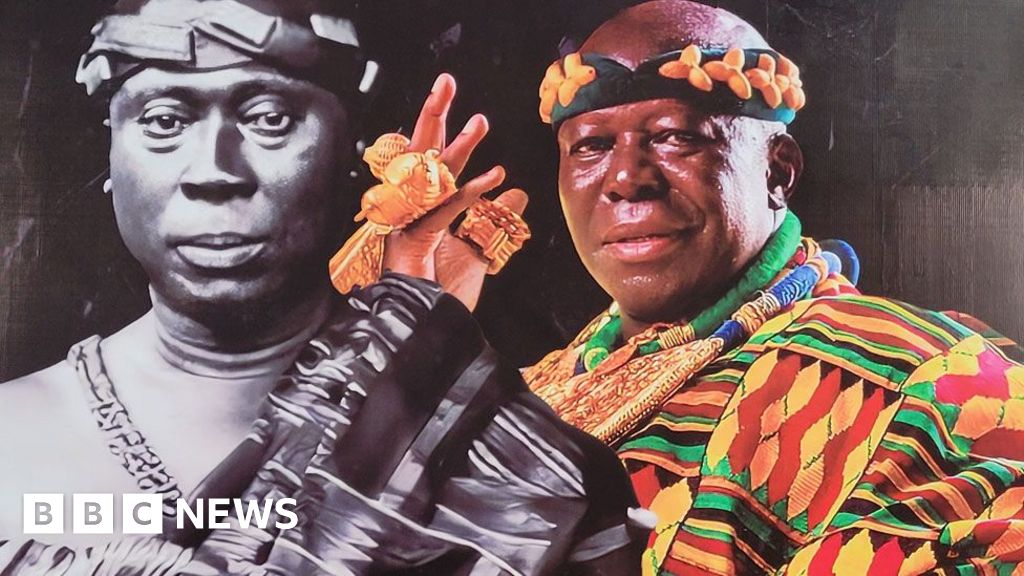ARTICLE AD BOX
The Gambia’s lawmakers have rejected a bill seeking to overturn a 2015 ban on female genital mutilation (FGM).
Speaker of Parliament Fabakary Tombong Jatta said a majority of MPs had voted the bill down even before its third and final reading, due later this month.
Human rights groups and the UN had urged MPs to block the bill, which was introduced in March after pressure from some Muslim clerics.
The Gambia is among the 10 countries with the highest rates of FGM, with 73% of women and girls aged 15 to 49 having undergone the procedure.
The draft law, tabled by Almameh Gibba, was rejected after MPs voted against all of its proposed clauses.
Ms Jatta said the bill had been “rejected and the legislative process exhausted”, and therefore it could not move to the third reading.
When it was introduced in March, the bill was approved by a majority of MPs, raising the prospect of The Gambia becoming the first country the overturn a ban on the practice.
In the procedure's most severe form, after removing the sensitive clitoris, the genitals are cut and stitched closed so that the woman cannot have or enjoy sex.
The 2015 ban introduced fines and jail terms of up to three years for perpetrators, and life sentences if a girl died as a result.
FGM is banned in more than 70 countries globally but continues to be practised particularly in Muslim-majority countries, such as The Gambia.
Rights lobby ActionAid had warned that any step to lift the ban would jeopardise The Gambia’s progress in tackling violence against women and girls.
“We as campaigners fought tooth and nail to bring about a ban and an end to FGM/C," said ActionAid Gambia women rights manager Binta Ceesay.
According to the UN, more than 230 million girls and women around the world have had FGM.

 4 months ago
27
4 months ago
27








 English (US)
English (US)